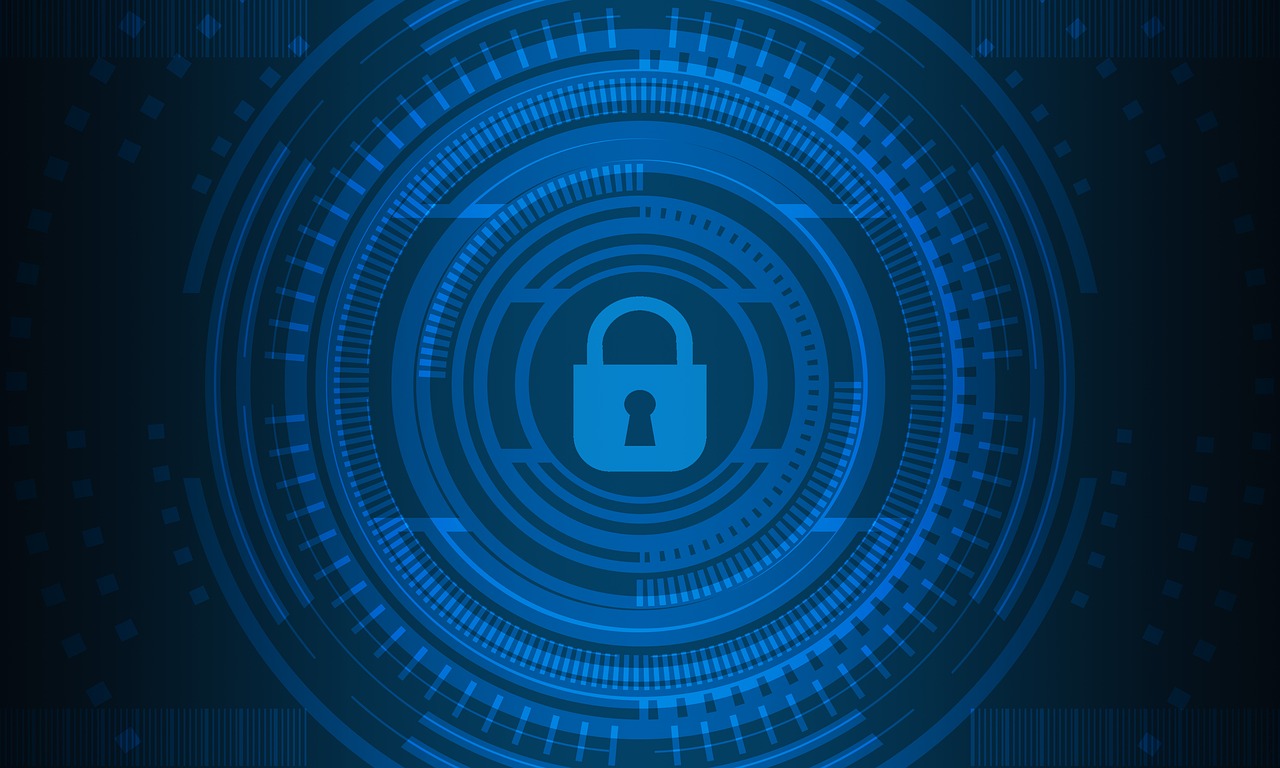
You may have installed the best antivirus software, have a strong firewall and identity protection and use the best security services, but you are still vulnerable to internet security risks. This is because new threats pop over the internet on a daily basis and even the best programs can be vulnerable to exploitation. Does this mean that you will never be secure over the internet? The key to staying safe and secure is by following the best practices for internet security. What are they? Read on to find out:
Use secure passwords
A lot of people use very common passwords because they are easy to remember, but this also makes you vulnerable. The ideal password is usually a random collection of numbers, letters and symbols as that make it difficult to guess. Yes, it is difficult to remember such a password and you can use a password manager for doing so, but not make any compromises in your security.
Don’t reuse passwords
Another password-related mistake that most people make is choosing to reuse passwords. There is no alert that will inform you that your password has been compromised and if you have the habit of reusing the same passwords for everywhere, then all your accounts will become vulnerable. Therefore, it is a good idea to use different passwords for different applications and accounts.
Be wary of external downloads and emails
Don’t ignore your instincts here. If something smells fishy, it is best to ignore the email. Phishing emails have become quite common and they are designed to seem like they are sent by a real company or person in order to get information from you. Similarly, a spyware download also comes off as a genuine file. However, you should never open or download anything unless you know the sender personally and are aware that they were planning to send you something.
Backup your data
This is a very simple step, but doing this on a regular basis can give you peace of mind. You don’t have to worry about your data being deleted or altered by a malware because you will always have the backup.
Keep all applications and programs updated
The apps and programs that you have on your PC or other devices will get automatic updates from their manufacturer and it is recommended that you install these updates. A lot of people choose not to do so, but this is a major blunder because most of the time these updates are aimed at plugging a security hole in the program and improving its performance. Not keeping them updated can leave you vulnerable.
Keep your Wi-Fi secure
Avoid using public and unsecured Wi-Fi networks and ensure that your own are hidden, secure and encrypted so no one can peek in and see what you are up to or install a malware.
These are simple practices that you can follow for better internet security. You can find some additional guidance at www.cureyourpc.com and learn how to stay safe when you are browsing the internet.










![Watch Video Now on xiaohongshu.com [以色列Elevatione perfectio X美容仪 perfectio X 全新仪器黑科技了解下]](https://www.techburgeon.com/wp-content/uploads/2019/07/perfectiox-singapore-150x150.jpg)
